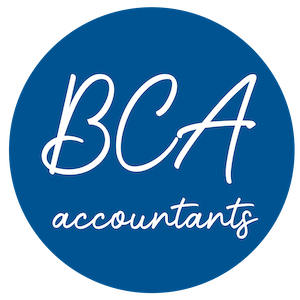
There’s been significant discussion and confusion regarding the HMRC’s tax rules for sellers on digital platforms like eBay and Vinted. Social media has been abuzz with claims of a new “side hustle tax,” but these claims are misleading.
The Reality
- No New Tax: Contrary to popular belief, there is no new tax imposed on sellers using these platforms. The rules around digital platforms sharing information with HMRC are not new taxes. What has changed is the method of data collection and reporting by these digital platforms.
- Existing Tax Law: HMRC has long required individuals who earn more than £1,000 a year from selling personal items to declare this income. The threshold for being considered a ‘trader’ and having to pay tax on profits depends on the nature of the sales. For example, selling personal items occasionally doesn’t attract tax, but buying items with the intention of selling them for profit does.
- £1,000 Trading Allowance: Since 2017, there has been a £1,000 tax-free trading allowance. Income from casual services or selling second-hand goods falls under this allowance. However, if earnings exceed this threshold, HMRC must be informed.
New Reporting Requirements
- Automatic Data Sharing: From January 1, 2024, platforms like eBay, Vinted, and others are required to automatically report certain income data to HMRC. This change aims to better track income from these platforms and prevent tax evasion.
- Thresholds for Reporting: Platforms now need to report if a seller is involved in 30 or more transactions or earns over €2,000 (approximately £1,725). This data will include details like tax ID, bank account information, and the number and amount of transactions.
Implications for Sellers
- For Occasional Sellers: Selling personal items occasionally, without the intention of profit, remains largely unaffected. However, it’s important to be aware of the £1,000 threshold.
- For Regular Sellers: Those consistently selling and crossing the earning threshold might need to register as a business and will have tax obligations, including income tax and National Insurance contributions.
- VAT Registration: High-volume sellers may also need to consider VAT registration if their annual sales exceed the current VAT threshold of £85,000.
Professional Guidance
Given the nuances in tax law, especially for those who are unsure about their status as a ‘trader’, it’s advisable to seek professional advice. We can offer tailored advice, helping ensure compliance and potentially minimising tax liability. For more information, get in touch.
